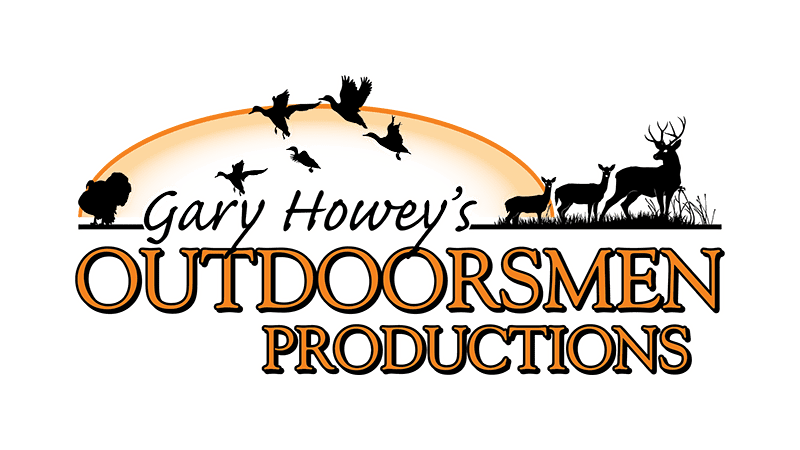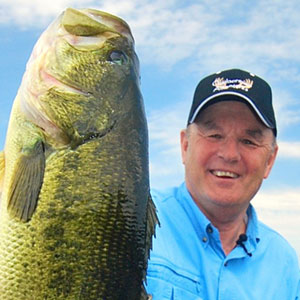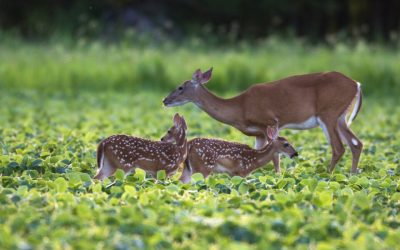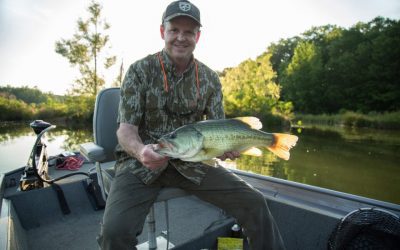How Deep Should My Food Plot Seed be Planted?
One of the most common mistakes when planting food plots is improper soil coverage, whether it be too deep or to shallow. The question “how deep should I plant the seed?” is a question with several variables. Very small seeds such as rape, clover, chicory, turnips, or alfalfa need very little soil covering for good germination. Often times these small seeds get disced in or planted in a field with a fluffy seed bed with a lot of airspace and the result is very poor germination. These tiny seeds just don’t contain the energy to push up through 2 inches of dirt. One of the most common mistakes when planting food plots is improper soil coverage, whether it be too deep or to shallow. The question “how deep should I plant the seed?” is a question with several variables. Very small seeds such as rape, clover, chicory, turnips, or alfalfa need very little soil covering for good germination. Often times these small seeds get disced in or planted in a field with a fluffy seed bed with a lot of airspace and the result is very poor germination. These tiny seeds just don’t contain the energy to push up through 2 inches of dirt.
One of the most common mistakes when planting food plots is improper soil coverage, whether it be too deep or to shallow. The question “how deep should I plant the seed?” is a question with several variables. Very small seeds such as rape, clover, chicory, turnips, or alfalfa need very little soil covering for good germination. Often times these small seeds get disced in or planted in a field with a fluffy seed bed with a lot of airspace and the result is very poor germination. These tiny seeds just don’t contain the energy to push up through 2 inches of dirt.
Ideally after working up your plots with a disc, harrow, or tiller, the field should be cultipacked in preparation for spreading these small seeds. After broadcasting onto a firm seed bed, it can then be cultipacked again to incorporate the seed into the top 1/4-inch to 1/2-inch of soil. Using a light drag after broadcasting seed can also achieve this if a cultipacker is not available. On the other end there are large seeds like corn, chufa, or LabLab for example that need 1-2 inches of good covering to get good germination.
Large seeds left on the soil surface are easy food for birds and other pests and generally have very poor germ results. I have found that chain harrows with aggressive teeth work well to cover larger seed when the option of using a no-till drill or planter isn’t an option. Plots where these larger seeds are planted can also be cultipacked as a last step to ensure good seed to soil contact. Everyone has different soil types and therefore different types of equipment for planting are needed. Make sure to pay attention to your planting process and properly cover your seed.
– Austin Delano







0 Comments